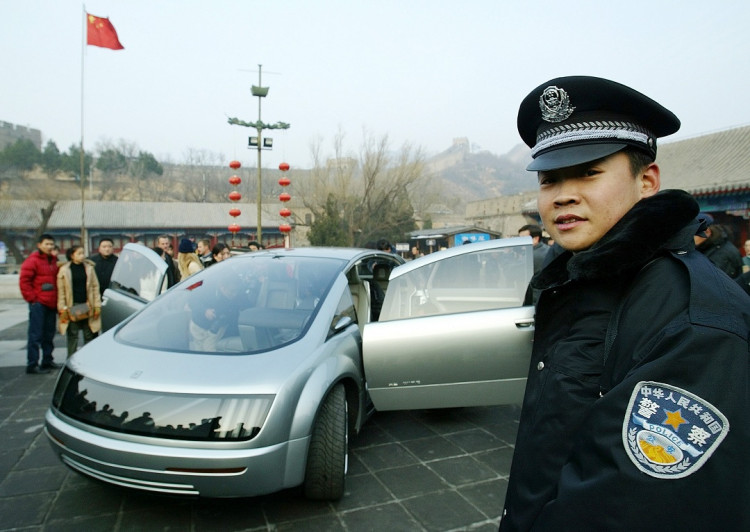China continues to be the leader in battery-powered electric cars, at least in terms of overall sales. In 2018 alone, there were an estimated 1 million electric cars sold all around the country. There are more electric cars sold in the country that the rest of the world combined. The Chinese government apparently wants to push those numbers even higher through the promotion of hydrogen-powered cars.
Since the late 2000s, China has been pushing for more electric cars to be used on its roads. The country's "Ten Cities, Thousand Vehicles" program saw a number of electric vehicles (EVs), battery electric vehicles (BEVs), and plug-in hybrids (PHEVs) being used for public transport. China now wants to roll out a new program that will encourage the use of fuel-cell vehicles (FCVs), most of which are powered by hydrogen.
The planned rollout of the program will likely start in major cities, such as Beijing, Chengdu, and Shanghai. According to the Securities Times, a state-owned news media outlet, the program will be similar to "Ten Cities, Thousand Vehicles," but specifically for FCVs. If this is true, the new program will likely aim for around 30,000 new vehicles to be rolled out in a matter of three years. Most of the vehicles will be utilized for public transport.
Hydrogen-powered vehicles have a lot of advantages when compared to other green vehicles. For one, these types of vehicles have longer ranges and will require less refueling stops. The chemical process is also much more efficient when compared to PHEVs and BEVs. The vehicle's fuel source, hydrogen, is also readily available, easy manufacture, and easy to transport.
Despite these advantages, popularizing FCVs may still face some hurdles. The biggest hurdle will be creating an easily-accessible refueling infrastructure for these vehicles around the country. As of 2018, there are only 12 hydrogen refueling stations found around the country. The low number of refueling stations will make it harder for cities and citizens to adapt to the new type of vehicle. This obviously needs to change in order for FCVs to become commonplace in China.
First Automobile Work, a state-run automotive manufacturer, recently announced that it will be mass producing hydrogen-powered vehicles this year. The effort also has the support from the county's Science and Technology Ministry. Infrastructure projects for FCVs are also underway with Foshan City recently committing to building at least 22 refueling stations in the next few years. It is likely that other cities will follow suit in building their own refueling stations for both public and private vehicles.






